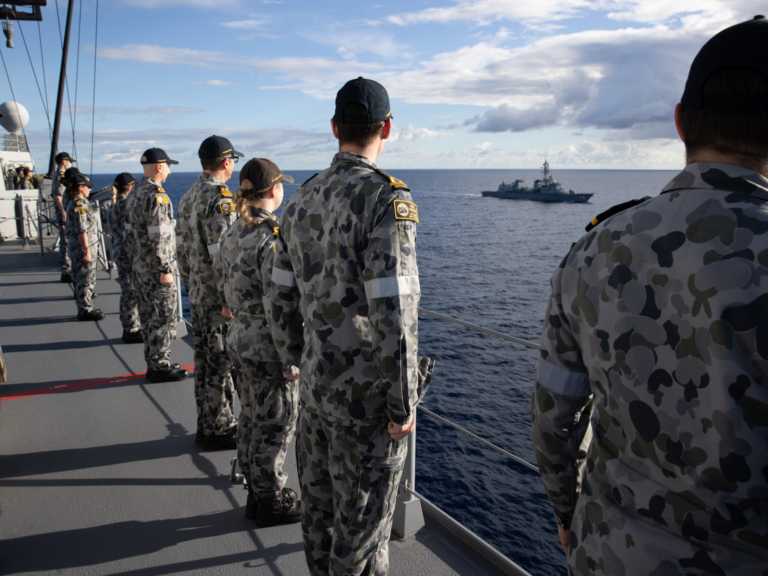
Representing the Permanent Secretary/supervising and Chair of the National Disaster Council (NDC), Ms Agnetha Vave-Karamui, hailed the training as yet another milestone achievement in the progressive development of the Solomon Islands’ national response capacity and capability for managing disasters.
The Solomon Islands remains highly susceptible to natural hazards. Since 2011, the nation has been ranked among the top five (5) most vulnerable countries globally out of 15 countries.
The 2021 World Disaster Risk Report placed Solomon Islands second to Vanuatu. This vulnerability has been underscored by notable events such as the 2007 Western earthquake and tsunami, the 2013 Santa Cruz earthquake and tsunami, and the 2014 Honiara flash floods.
In recent years, the NERT has proven to be a credible response mechanism, demonstrating its effectiveness during the COVID-19 pandemic, Tropical Cyclone Harold in 2020, the Honiara riots, the series of cyclones in 2023, and the recent high swells affecting the Malaita Outer Islands.
The vision of the current initiative, is to establish, maintain, and expand a fit-for-context NERT response mechanism with a regional focus anchored on international response standards.
Ms Vave-Karamui emphasized that while the nation embraces progressive work on Disaster Risk Reduction (DRR) and Climate Change Adaptation (CCA), Disaster Management remains the State’s primary responsibility.
She emphasized that a critical element in the progressive development of NERT, is capacity building through collaboration with Humanitarian, Emergency, Disaster Management, and Civil-Military stakeholders and partners nationally, regionally, and internationally.
This current induction training is distinguished by its Subject Matter Experts-led approach, featuring 12 international subject matter experts and more than a dozen national experts.
Ms Vave-Karamui extended Solomon Islands Governments deep appreciation to its international partners for supporting the training, both financially and with expert services.
Key collaborating partners recognized included:
• The Government of the United States of America through the embassy and the Centre for Excellency in Disaster Management (CFE-DM).
• UN OCHA Asia-Pacific and representatives of the OCHA Pacific Regional Office.
• The Australian Government through the Australian Civil Military Centre (ACMC).
• The South Pacific Community (SPC) Disaster Risk Management Team.
• The Government of New Zealand through Earth Science New Zealand.
The ongoing priorities for NERT development include building a highly trained, diverse team with skill sets across the four specialist functions of NERT. Upon successful completion of the training, the new NERT Batch 3 participants will contribute to the growing pool of 65 trained NERT personnel.
Looking towards sustainability and achieving target membership thresholds, Ms Vave-Karamui said the Ministry is considering the option of offering the training as a course within the Solomon Islands National University.
However, she also recognized that full operationalization of NERT requires critical legislative and infrastructural support. This includes securing the NERT’s inclusion in the Disaster Management Legislation and providing it with its own dedicated office, training, and deployment facility. The Ministry is “seriously pursuing” this long-term discussion.
The representative of the NDC Chair, concluded by officially declaring the commencement of the induction training, encouraging participants to actively engage with the field experts and to use this opportunity for learning and exchange with an aim to cultivate a strong, capable, and professional team.
Meanwhile Director National Disaster Management Office acknowledged National Subject Matter Experts from Government, the Red Cross, and NGOs, extending a special recognition to Mr George Baragamu, Deputy Director and one of the pioneers in the establishment of NERT.
Director Tafiariki thanked the guests, partners, and facilitators for their presence, wisdom, and enduring support, noting that their contributions will ripple far beyond the induction room, shaping the strength and readiness of the national response
The weeklong training will end on Sunday 27th September 2025. Participants who attended the Training are officers from relevant line ministries and representatives of other sector agencies.





